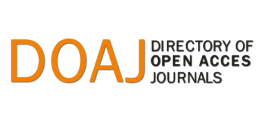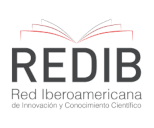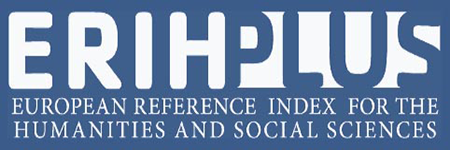The "analog" world of the past and the "smart digital" world of the future.
Keywords:
ARTIFICIAL INTELLIGENCE, TECHNOLOGY, INNOVATION, ECONOMY, FUTUREAbstract
The evolution of humanity from the analog to digital era and then towards the era of knowledge, represents an unprecedented advance in the history of human development and its possibilities; But all the signs for the future indicate that the most disruptive transformations are just taking shape and some, given the acceleration of the changes that are being experienced, will be a reality in a few years.
These changes had already been announced since the last century with the contributions of specialists in studies of the future, recognized authorities of management and administration; I have even the journalist Alvin Toffler managed to capture much of that futuristic thinking of the time in class books like Future Shock, The Third Wave and The Wealth Revolution.
This article analyzes how all these accelerated transformations and the emergence of a human being with increased capacities has put the resilience and innovation capacity of all social organizations to the test; from those located in the public sphere to companies and universities. In this way, organizations that have made the leap into the digital age have seen their value creation grow exponentially; and those that have not succeeded are disappearing. It is something like that and paraphrasing Darwin, like the "natural selection of species".
The richness of this analysis framework is applied to Colombian enterprises, generating a set of possible future scenarios from the perspective of the evolution of three variables: technology and innovation, human capital and institutional framework.










